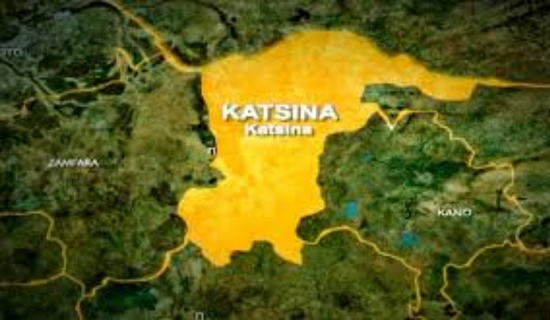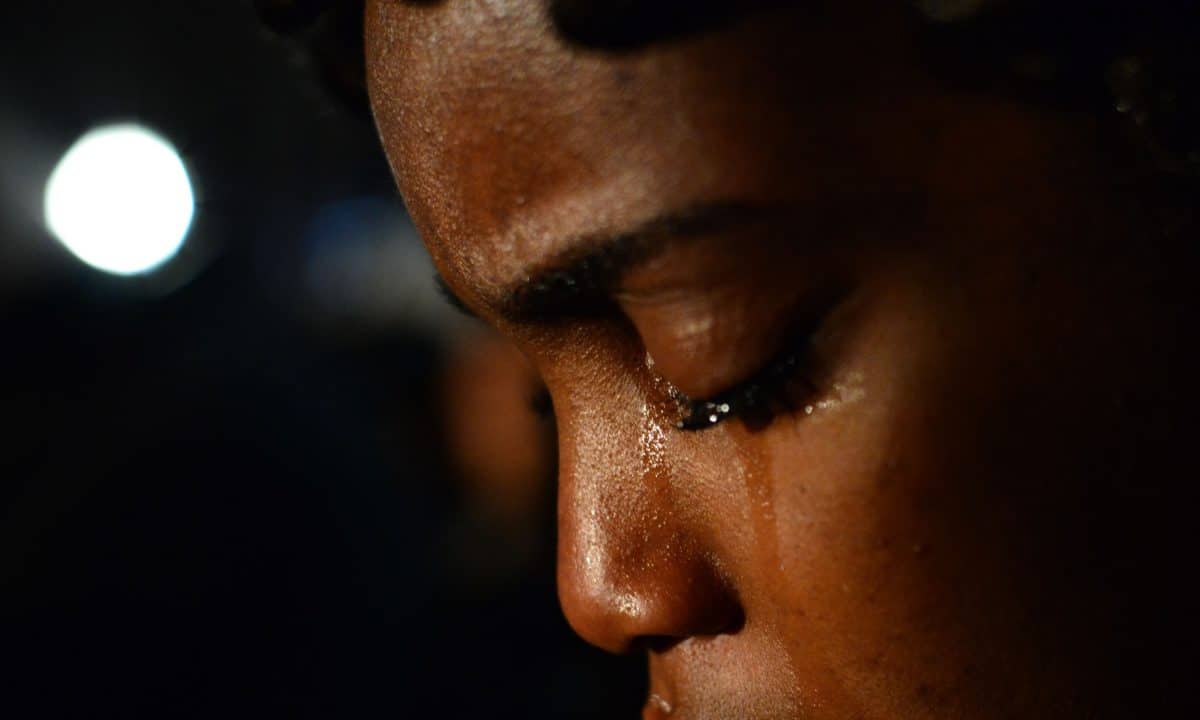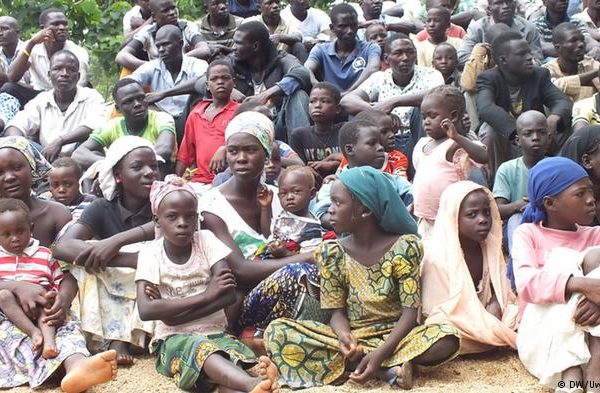About 200,000 persons have been displaced by the decision of the Borno state government to shut down the camps of Internally Displaced Persons’ in the state, this is according to the Human right watch report released on Wednesday.
The Human Right Reports say that person putting up at various IDPs in the state due to destruction suffered from Boko Haram attacks have been thrown into deeper crisis and destitution.
According to the group, with the IDP camps closure, these over 200,000 people displaced by Boko Haram conflict have been stripped of housing and food.
“This is as the Governor Babagana Zulum-led government fails to provide those removed with adequate alternatives, thereby violating their rights to housing, food, and livelihoods,” the report says.
The 59-page report, themed, ‘Those Who Returned Are Suffering: Impact of Camp Shutdowns on People Displaced by the Boko Haram Conflict in Nigeria,’ documents the effect of the shutdowns, which have disrupted food support for internally displaced persons and compelled them to leave the camps.
Human Rights Watch claims that Nigerian authorities have failed to provide adequate information or sustainable alternatives to ensure their safety and well-being.
“As a result, displaced people are struggling to meet their most basic needs including food and shelter in the places which they have returned to or where they have resettled,” it says.
Nigerian researcher at Human Rights Watch and author of the report, Anietie Ewang, said by shutting down the IDP camps, Zulum’s government was harming people already living in precarious condition to advance a dubious agenda.
“The Borno State government is harming hundreds of thousands of displaced people already living in precarious conditions to advance a dubious government development agenda to wean people off humanitarian aid.
“By forcing people from camps without creating viable alternatives for support, the government is worsening their suffering and deepening their vulnerability,” he said.
According to the group, from May 2021 to August 2022, Borno State authorities had compelled over 140,000 people to evacuate from eight camps in the state capital, Maiduguri.
It has also been established that other camps will be closed before the end of the year, thereby releasing another 74,000 person to roam the streets.
In addition,the report say that between April and September 2022, Human Rights Watch interviewed 22 internally displaced persons, including eight in either Dalori I or Gubio camps, as well as 14 who had left the Bakassi camp, which was shut down in November 2021.
“Those who left Bakassi camp sought shelter in Maiduguri or in Bama, their home community. Human Rights Watch also interviewed camp management officials, representatives of international humanitarian agencies, and United Nations officials coordinating assistance in Borno State.
“Food support to the camps stopped soon after Borno State Governor Babagana Umaru Zulum announced in October 2021 that all camps in Maiduguri would be shut down by December 2021. Although several remained open beyond that date, organisations including the UN World Food Programme could not provide support because the slated shutdowns and funding gaps made it impossible to scale up their 2022 plans,” the report says.
The HRW noted that, although the Borno State Emergency Management Authority had provided some ad hoc food distribution, deliveries had been sporadic and insufficient to meet needs. Many people said they had been forced to skip meals or go for days without something substantial or nutritious to eat.
A 29-year-old father of four said: “In the camp in Maiduguri, we could eat protein, like fish, but in Bama we can’t afford this kind of food. My children are not healthy as they are supposed to be. They are now thin and frail.”
The group noted that many children have resorted to begging on the streets to survive despite the dangers of road accidents, kidnapping, trafficking, and sexual violence.
“The people affected by camp closures are also living in worse accommodations than they had in the camps. While in the camps, many had lived in tarpaulin tents set up by humanitarian organisations or occupied single rooms in houses built on the premises before they became camp sites.
“The structures outside the camps seen by Human Rights Watch were poorly built, providing little shelter from the rain. The makeshift thatch structures in Maiduguri and Bama had no access to sanitation facilities, relying on pit latrines separate from their homes,” it says.
Borno State authorities assert they had rebuilt houses in places they had urged displaced people to return to, such as Bama, which had been destroyed in the conflict with Boko Haram. But people who returned there said their houses had not been rebuilt.
The authorities also said that the camp shutdowns were necessary as part of their development agenda, to remove people from humanitarian assistance and to build their resilience to contribute to the state’s growth.



